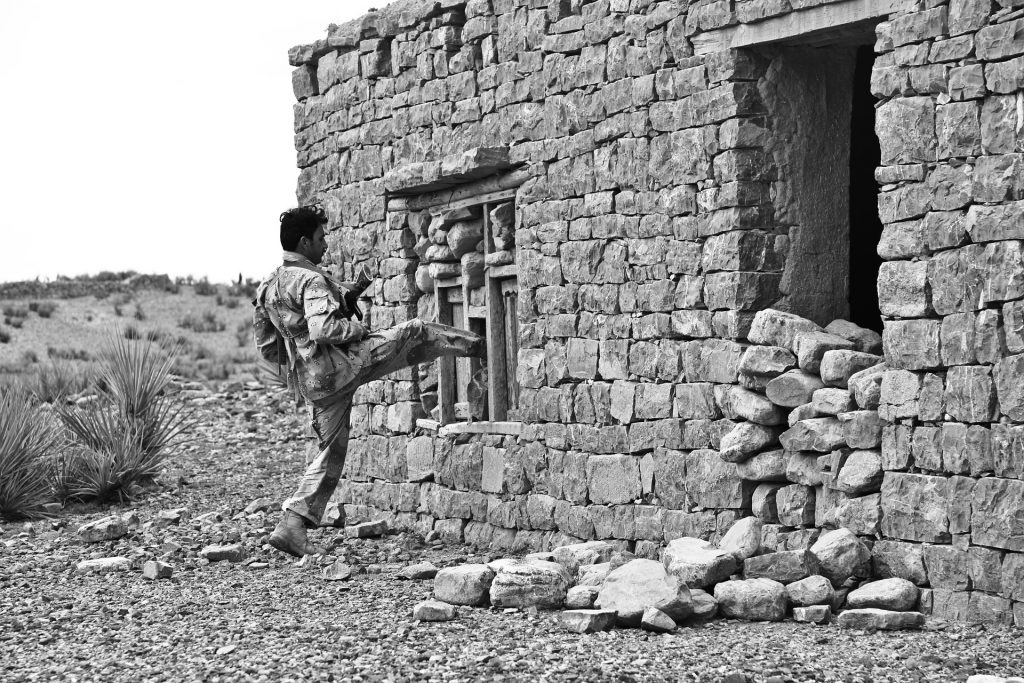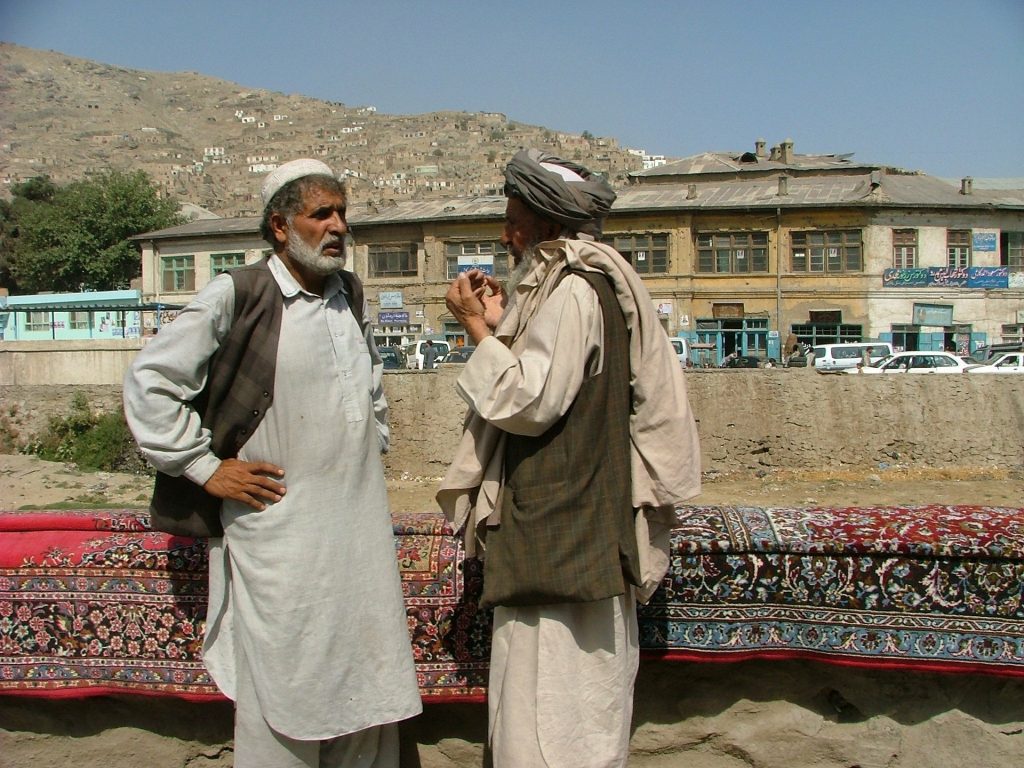Withdrawal from Afghanistan
If you’ve been paying attention to recent news headlines, you might have heard about the American withdrawal from Afghanistan that is unfolding. I am cautious to say it’s unfolding, because it’s painfully slow. After a 20 year campaign, the country isn’t better off than it was in 2001. However, what is going to happen to all of the Afghans who sided with the US and NATO? A quick look at history may determine their fate.

History is littered with countries occupying each other. It seems that we always forget what we are all taught in grade school: keep our hands to ourselves! It’s common to analyze the situation with black and white lenses. The occupiers are all evil, they must be! They don’t belong in someone else’s land. While the local population is always innocent, and any atrocity against colonizers is justifiable. As there is some truth to this, little attention is given to those of the occupied who side with the occupiers; and all have their reasons, some rational, some opportunistic.
US Military and Afghani Interpreters
The current squabbling in the headlines is this: What should we do with the Afghan translators that assisted the US military? With the Taliban taking over entire swaths of the country—including the recent acquisition of the border post with Tajikistan— translators who worked with the US and NATO are running for their lives. With the current withdrawal date from Afghanistan being September 11th, 2021, there is simply not enough time to issue visas to all the translators and their families. There is currently a proposal to temporarily move the Afghans to Guam for safety as the visas get issued. This has worked in the past with the Kurds that worked with the US during the Gulf War in 1991.

What about other examples?
This was a similar effort with what happened to the South Vietnamese who collaborated with the United States during the American intervention in Vietnam. With a clear North Vietnamese victory and reunification immanent, the South Vietnamese collaborators had to board ships in desperation for California. For those that made it, the struggle didn’t end. Many faced discrimination, racism, and poverty for years in the United States.

Collaborators in Algeria
During the French-Algerian War (1954-1962), Algerian Arabs who collaborated with the French security forces faced a terrible fate once the Algerians won their independence in 1962 and the National Liberation Front assumed rule over the People’s Democratic Republic of Algeria. Algerian collaborators known as “Harkis” had their throats cut. The French at the time did not allow the Harkis to migrate to France. It was only due to the intervention of French military officers that thousands of Algerians were able to be smuggled to France before their inevitable execution was to come had they stayed behind. This is also why the word “Harki” is a derogatory term used among Algerians.
Let’s dance with the Devil
Let’s play some devil’s advocate: why would you collaborate with a foreign entity occupying your country? The answer is not so clear cut, and many have their reasons for doing so. Again, I’m not sympathizing with collaborators, but let’s entertain the idea just for the sake of analysis.
The video above contains one example with an interview with a “Harki”. He admitted that the reason why he supported the French in Algeria was because the National Liberation Front rebels murdered his father. There was no monopoly on terror tactics, both sides killed indiscriminately—even killing their own. With the harsh reality of war in your backyard, it would make sense for one to choose the side that isn’t killing you, or offers you more aid.
Korean and Japan
At last, we have the Koreans who collaborated with Imperial Japan during the Japanese occupation of the Korean Peninsula from 1910-1945. In Korea, a collaborator was called 친일파“Chinilpa” and is still used today as an insult to Japanophile Koreans. Why did some Koreans collaborate with, or even move to Imperial Japan? It’s quite simple: access to more resources. Many people who did move were poor farmers. There definitely were Korean businesses that sought economic opportunity with Japan also.
Of course, there were others that wanted political power and influence with the new status quo. However, with the end of the WWII, these collaborators couldn’t just go back to Korea, unless they wanted their head on a platter. These Koreans had to stay and faced discrimination in the mean time. Even to this day, many of their descendants only have Resident Alien status and not Japanese citizenship.
Should you collaborate?
This is the lesson of collaborating with the enemy: if you lose, you’re not guaranteed opportunities even if you seek asylum in your occupier’s home country. What will happen to the interpreters in Afghanistan? How will history judge them? As we all know, history is written by the winners. It’s easy to label a group as all evil or all good, because that’s what human psychology likes; simple categorization to understand chaos. People collaborate for economic as well as personal reasons. Afghanistan is a complex geopolitical mix, which by itself won’t provide clear answers. It’s all a case by case scenario. Until next time, check out ypt.life and its mission.
